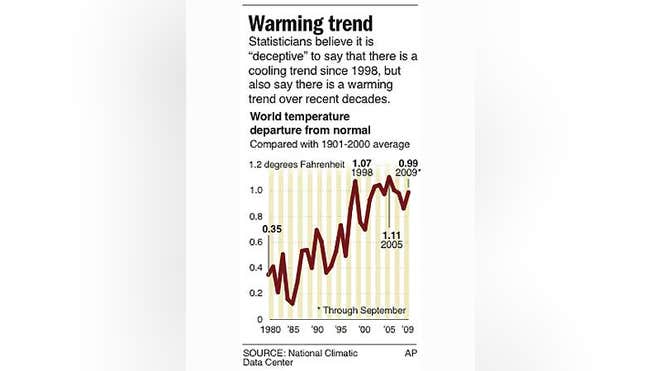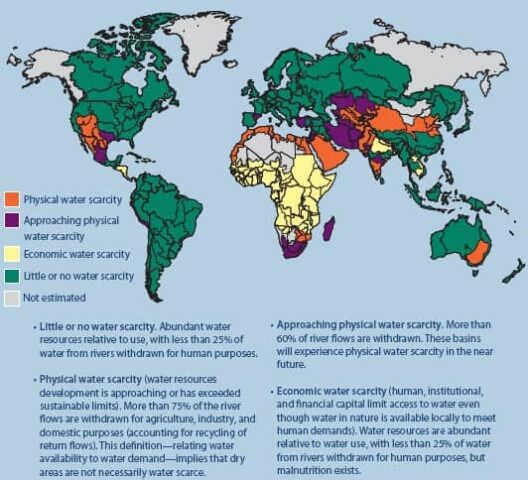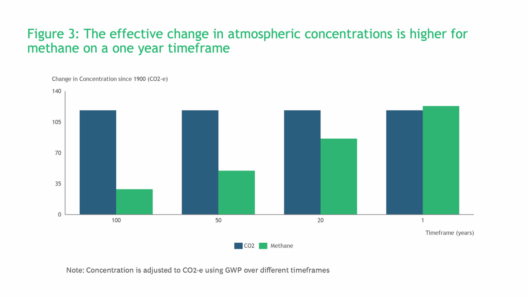The Denial Dilemma: Why Some Still Reject Global Warming Science
In the grand tapestry of human understanding, the phenomenon of climate change presents itself like a chiaroscuro painting—filled with shades of gray that some choose to ignore. While a growing consensus among scientists unequivocally indicates that the Earth is heating up, a substantial segment of the population persists in denying this reality. Why does this denial persist, even in the face of overwhelming evidence? Delving into this tangled web reveals psychological intricacies, socio-economic ramifications, and deeper existential fears.
At the heart of denial lies the mechanism of cognitive dissonance—a mental conflict that arises when one’s beliefs clash with evidence. When individuals confront uncomfortable truths about climate change, they often resort to mental gymnastics. The idea of global warming threatens their worldviews, compelling them to dismiss scientific data to maintain a semblance of comfort. Imagine standing on the precipice of a cliff, feeling the ground beneath you tremble. Instead of acknowledging the risk of falling, some might choose to close their eyes, believing that fortress-like ignorance will shield them from potential harm.
Furthermore, another powerful element that propels the denial narrative is identity politics. For many, political affiliations and societal circles wield enormous influence over personal beliefs. The climate issue has become emblematic of a larger ideological battle, where accepting the severity of global warming may be construed as aligning with liberal ideologies. Such affiliations can serve as a potent filter through which information is evaluated, often distorting scientific consensus to fit preconceived notions. To adopt a belief in climate change can feel like betrayal to one’s community, a social faux pas that carries hefty repercussions.
Interestingly, the economic dimension plays a pivotal role in climate change denial. The fossil fuel industry, akin to a massive octopus, has its tentacles strategically wound around political structures and media platforms. By financing campaigns and lobbying efforts, these interests propagate doubt, framing climate scientists as alarmists while casting skepticism as rational discourse. The allure of economic stability—of maintaining jobs and livelihoods centered on carbon-intensive industries—complicates the narrative. The notion of transitioning to sustainable energy sources can appear like a daunting shift, reminiscent of voices warning of a shipwreck while the captain insists all is well.
Moreover, fear of the unknown intensifies resistance to acknowledging climate change. The existential dread associated with recognizing the potential consequences of a warming planet—melting ice caps, rising sea levels, and extreme weather—can be paralyzing. Individuals are often more inclined to cling to familiar narratives that offer a false sense of control. Imagine a traveler on a winding road shrouded in fog; rather than confronting the harrowing potential of a storm ahead, they may prefer to drive cautiously, convinced that the scenery remains unchanged.
The dissemination of misinformation has further muddled public perception surrounding climate science. The digital age has birthed a cacophony of voices, some scientific and others deceitful, creating confusion and division. The rise of social media allows for the rapid spread of pseudoscience and misleading statistics, effectively overshadowing genuine scientific discourse. For some, the plethora of information serves as a smokescreen, where skepticism is not born of inquiry but rather of an inability to navigate the complexities presented by credible science.
Considering these layers of denial, it is crucial to explore how the narratives surrounding climate change can be reframed to engage skeptics more effectively. Storytelling, perhaps, is the most potent tool available. Personal anecdotes that humanize the effects of climate change—such as the loss of homes due to floods or the disruption of local economies—can resonate on a deeper emotional level. By appealing to the heart rather than purely to the intellect, climate advocates can break down barriers of indifference. These narratives weave together threads of empathy, creating a shared sense of purpose and collaboration.
Furthermore, fostering dialogues rooted in compassion rather than condemnation may engage those entrenched in denial. Acknowledging the apprehensions people have about change can open pathways for meaningful conversations. Instead of erecting walls of opposition, creating a bridge based on common interests—such as economic growth or community health—can lead to more productive discussions about climate solutions. When individuals perceive that their concerns about job loss or lifestyle are validated, they may be more receptive to considering the science behind global warming.
As the conversation unfolds, it is imperative to underscore the interconnectedness of climate change to global challenges. By framing the climate crisis not as an isolated issue, but as intertwined with public health, national security, and economic resilience, a broader context emerges. Understanding the holistic nature of these challenges encourages a multi-faceted approach to policy-making and community engagement, emphasizing that combating climate change offers opportunities rather than mere sacrifices.
The denial of climate change is a multidimensional puzzle steeped in psychological, social, and economic complexities. As society navigates this storm, it is essential to approach the discourse with understanding and empathy. Through heartfelt storytelling, compassionate dialogue, and emphasizing interconnection, the veil of denial can begin to lift, paving the way for a more informed and unified approach to tackling one of the most pressing issues of our time—the warming of our planet. Without a comprehension of the intricate factors underlying denial, the journey toward meaningful climate action will remain fraught with challenges, making education and open dialogue imperative for fostering a collective responsibility towards our environment.







